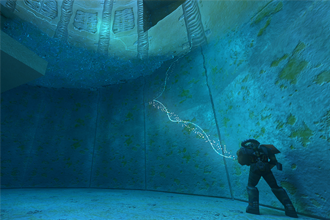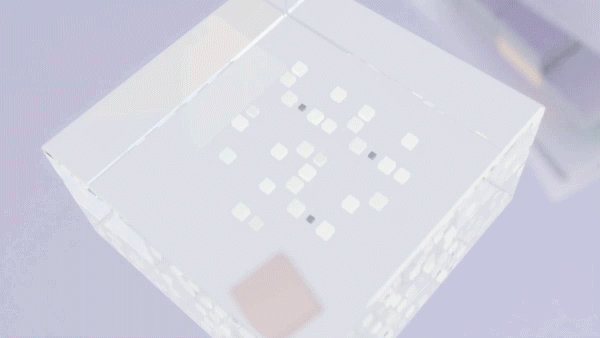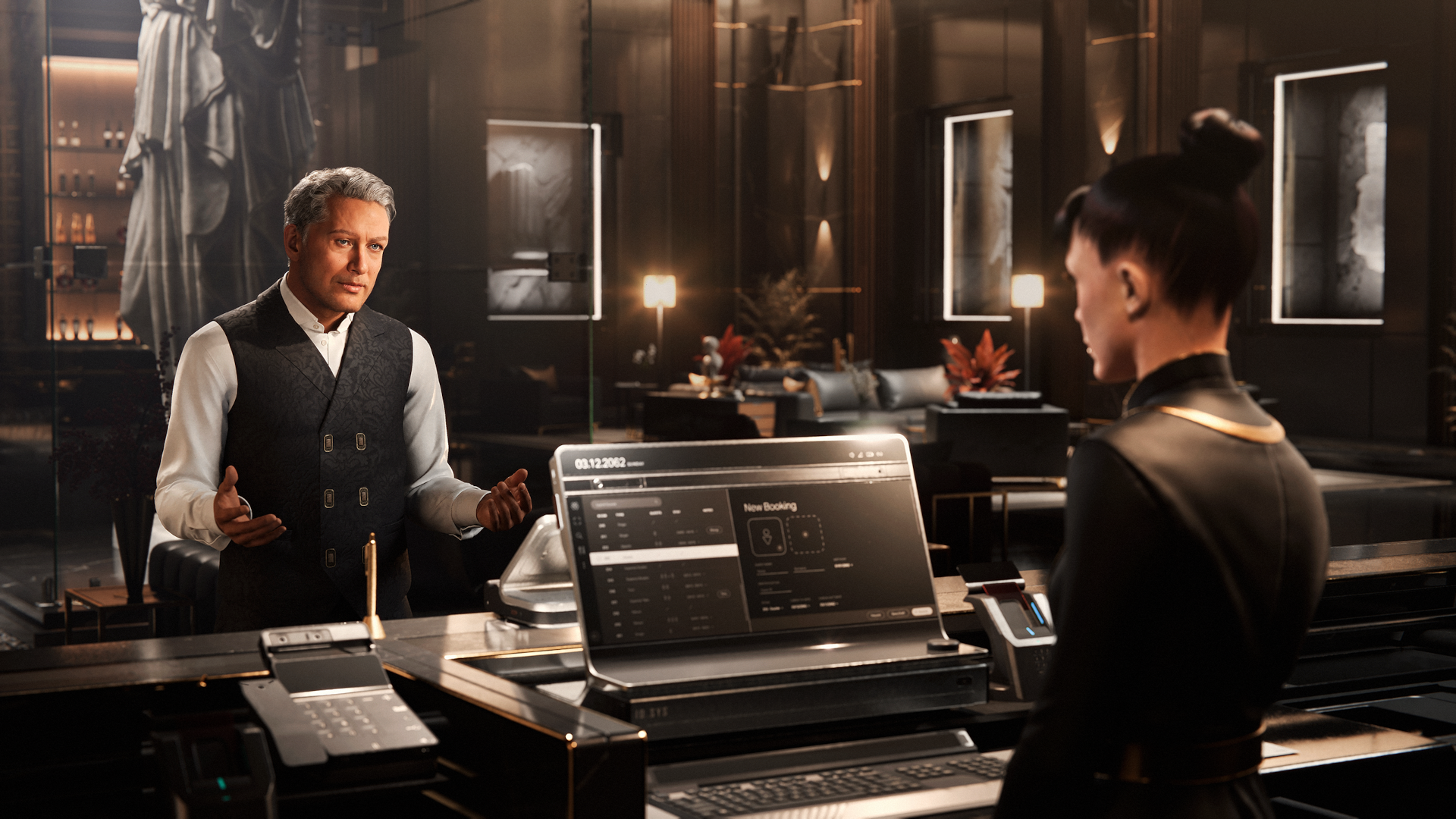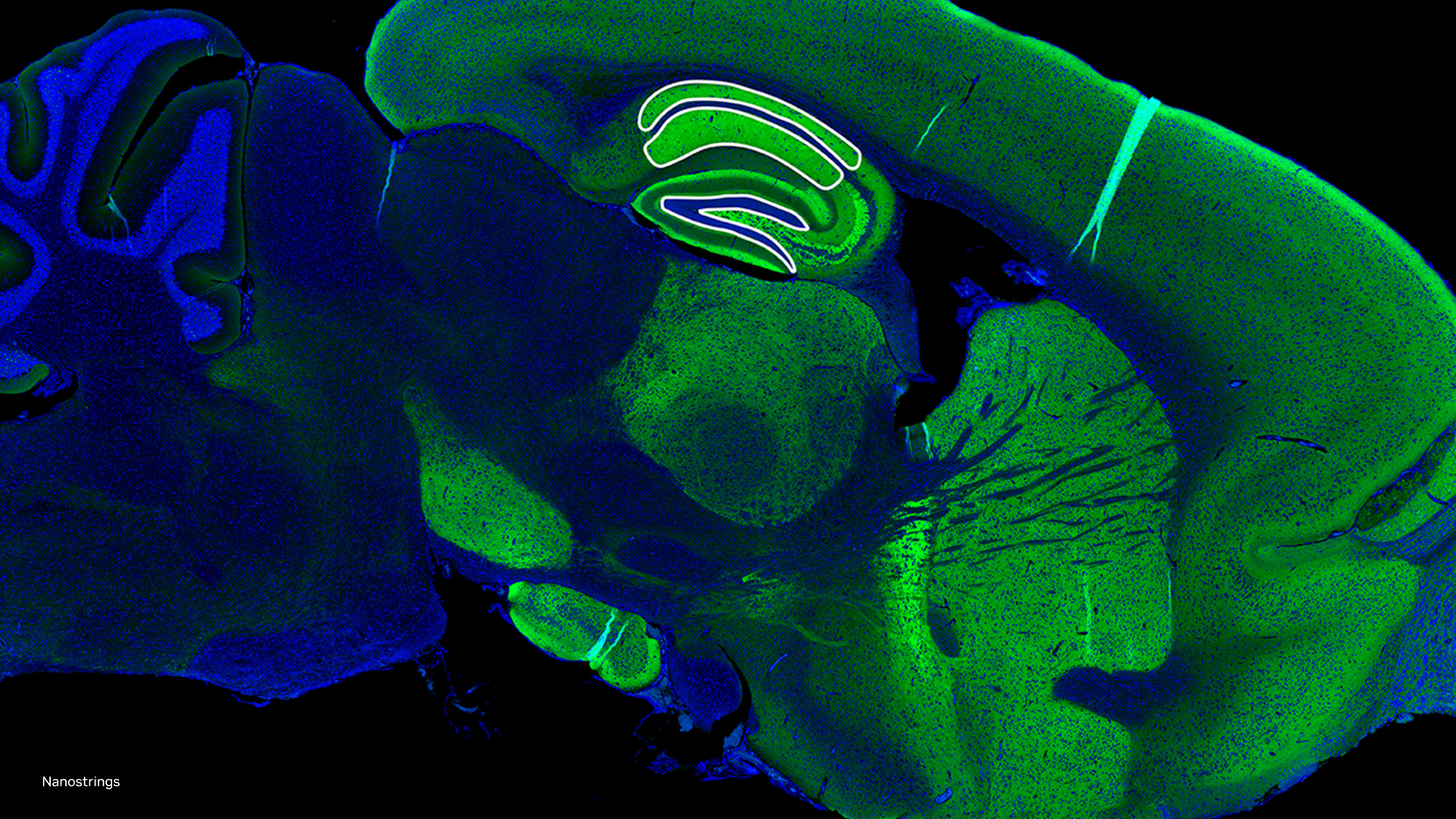At SIGGRAPH 2019, NVIDIA presented a talk entitled “Light at the End of the Ray,” which explained importance sampling, and why it is critical for real-time ray tracing applications. The full talk can be found here.
The seven-minute video below is an excerpt from the full 30 minute talk.
If you’re using uniform random sampling, once in a while a ray will hit a direct light source. Those sources will be orders of magnitude brighter than other pixels, which will contribute to a very noisy image. A denoiser alone cannot solve for this.
The noisy images can be resolved by using a technique called next event estimation, which is a form of importance sampling. This technique still traces rays in random directions, but it also traces a separate set of rays that are directed towards local lights.
“Next event estimation will offer a fairly dense sampling of local lights in the scene,” explained NVIDIA’s Alexey Panteleev. “Almost every ray cast towards the light will deliver a high level of radiance, multiplied by the projected area of that light… unless it’s in shadow.”
The full talk, which provides a deeper dive into the real-time ray traced lighting techniques used in Quake II RTX, can be found here.










